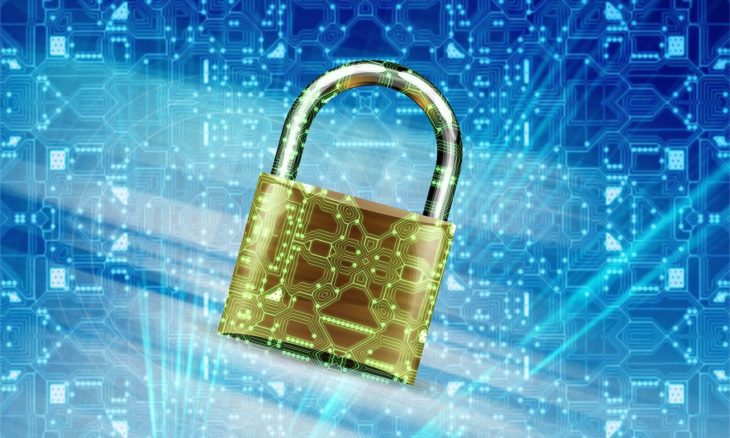Nowadays, there is no telling where the next cyber-attack might come from. Worse yet, the next one might even cripple your business, ruin your brand’s reputation, and drive your customers away for good. That’s of course if you allow a cyber-attack to breach your firewalls, or if you allow sensitive customer and business data to leak into the public domain. And remember, it doesn’t really matter if you’re running a small family business or a global enterprise, there is always someone out there who could benefit from hacking into your system and extracting valuable information.
Fortunately, though, there’s a lot you can do to prevent this crippling scenario. Most of your cybersecurity efforts should revolve around active prevention, so today, we’ll be exploring the best practices to protect your business from data leaks, and avoid jeopardizing your brand’s standing in the industry.
Provide cybersecurity training and education
It all starts with your employees. There’s only so much you can achieve with your software and hardware firewall systems if your employees do not know how to handle personal and corporate data, how to behave in the online world, and how to spot and prevent nefarious online activity instead of allowing scammers easy access to your infrastructure. This is why proper employee training and education should be one of your top priorities.
Start by conducting introductory workshops to the essentials of cybersecurity. These workshops should encompass employee online safety on the job, as well in their personal lives. Pay special attention to your employees who are not digital natives, as they might have a more difficult time embracing these concepts and putting them into practice. Address all concerns and questions, and ensure that every employee knows how to handle sensitive data, how to store it properly, and how to prevent scams and possible cyber threats.
Control email and all other communication
Speaking of preventing scams and possible cyber threats, keep in mind that many intrusions happen through personal corporate emails and communication. When an employee is unaware that they are being scammed, there is not much you can do to prevent an attack or a system breach – which is why it pays to monitor email and other communication in order to add another layer of protection to your system.
You can set up an email monitoring tool that will analyze all email communication going in and out of your company, and program it to look for specific keywords and phrases common to scam emails. This is one of the easiest and most effective ways to catch a scam early and prevent a breach. It might seem a little bit like a “Big Brother” scenario, but it’s worth the effort as it will safeguard your company in the long run.
Migrate to a better cloud infrastructure
By now, you probably know that you should migrate your business to a private cloud infrastructure in order to minimize IT expenses across the board, ensure complete cybersecurity compliance, and enjoy the latest security features as well as data recovery and a host of other benefits. The most compelling of them all being the enhanced data security that modern private cloud providers bring to the table with multi-dimension security protection.
Leverage your cloud infrastructure to enjoy features such as a cloud anti-virus, a distributed firewall system, web application firewall, hardware firewall solutions, and ensure compliance with the local and international cybersecurity laws and regulations. What’s more, a managed cloud infrastructure will provide you with the storage capacity you need to grow your business, and enable fast data recovery in the event of a data leak or a sudden system crash.
Introduce data encryption and multi-factor authentication
It should go without saying that all data that leaves your network should follow the highest and latest data encryption standards. This will ensure that no third-party intrusion can view sensitive information, but to enable data encryption you will need to have the right software in place.
As an added layer of data protection, be sure to introduce multi-factor authentication for all employees, software, and their devices. Typically, a simple two-factor authentication system is enough to verify the user’s identity and prevent intruders from gaining access to sensitive data. But there’s one more step.
Use a password manager and delete old employee profiles
Finally, be sure to use a password manager tool in order to improve password strength across all departments and devices in your company. A good password manager will generate randomized passwords that are strong and almost impossible to crack, and store in a safe space. However, that doesn’t mean that you can just set it and forget it.
There’s always a backdoor to your company’s data if you leave old employee accounts and profiles online, so be sure to delete them as soon as an employee leaves your brand. Otherwise, you’re running the risk of someone entering your system through an old set of credentials.
In closing
Ensuring stellar data security is of the utmost importance in the digital age, as there is always someone who might try to breach your firewalls and capitalize on the sensitive customer data you store on your servers. Use these tips to elevate your data security, and prevent data leaks in the future.



